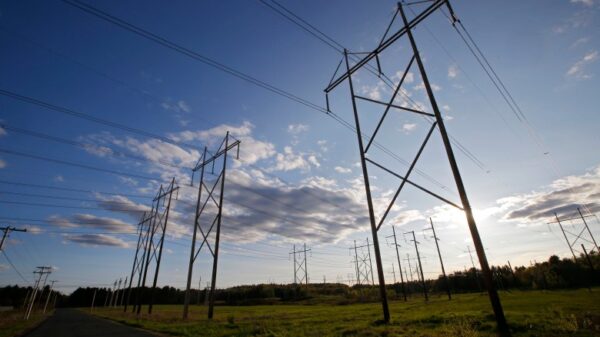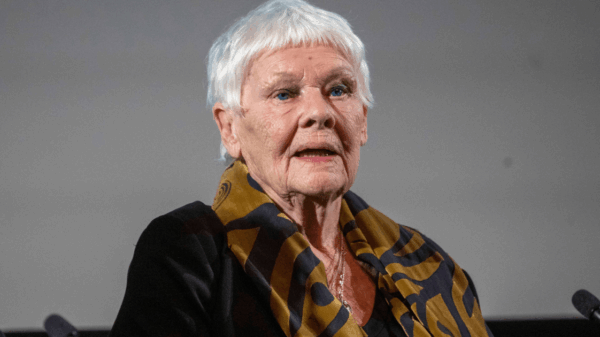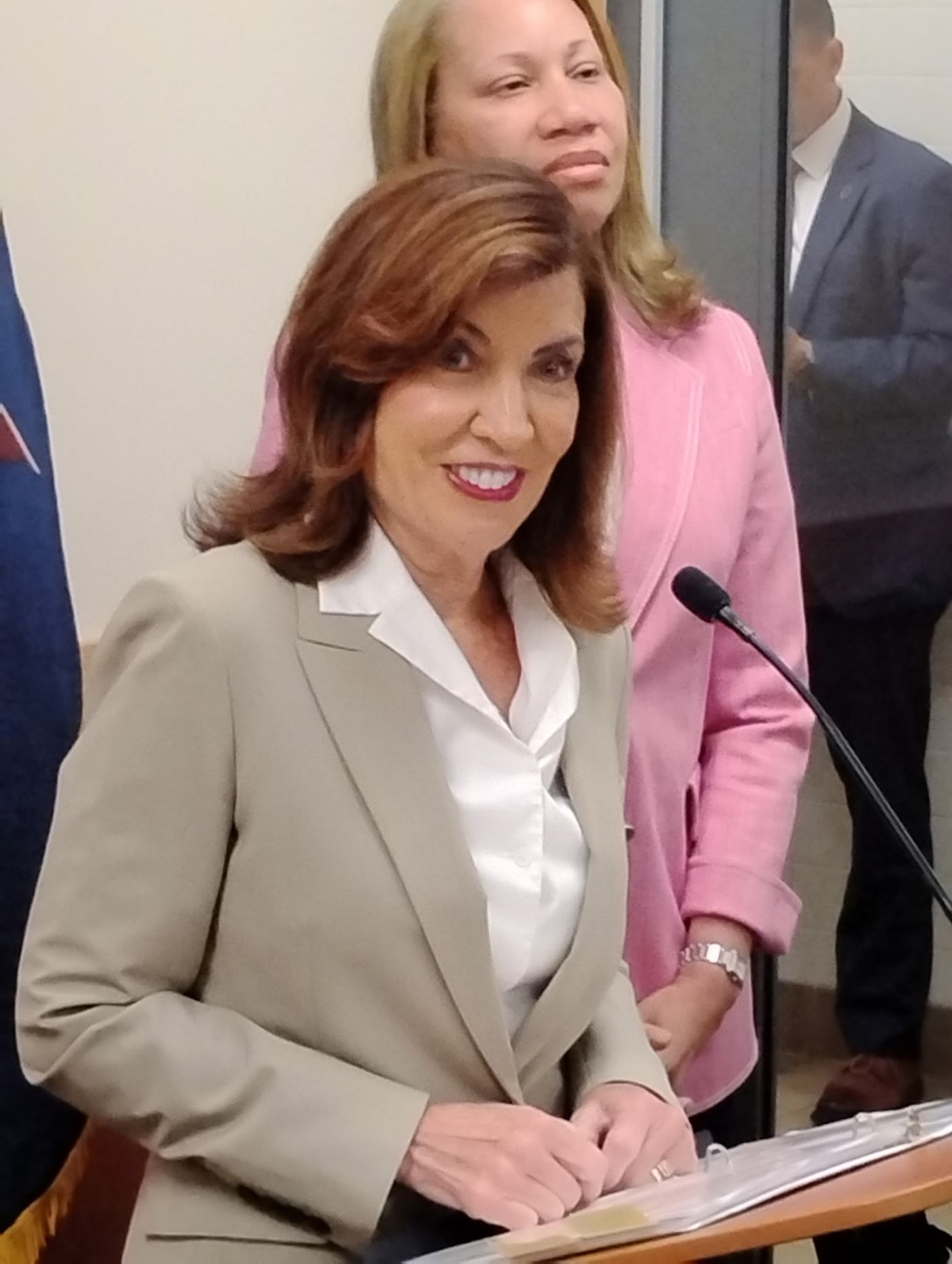During a visit to Mohawk Valley Community College’s Rome campus earlier this week, New York Governor Kathy Hochul addressed the recently approved utility rate increase impacting residents across the state. Her visit coincided with the announcement that Oneida County will receive $32.36 million in funding for infrastructure improvements through New York’s FAST NY program.
On August 14, 2023, the New York State Public Service Commission (PSC) approved a joint proposal that sets forth three-year electric and gas rate plans for National Grid. As a result, the average monthly bill for gas and electricity is expected to rise by approximately $22. This change will lead to a nearly 10% increase in National Grid bills starting in September. By 2027, the average household in Upstate New York will face an estimated annual increase of about $600, translating to roughly $50 per month.
Initially, National Grid and other utility providers had sought an increase of nearly $1 billion in gas and electric rates through April 2027. Kathy Hochul indicated that discussions regarding the rate hike began in May, where National Grid proposed a 10% increase and the state pushed back for a 0% increase. Ultimately, the agreement settled on a 3.2% increase.
The PSC unanimously approved the hike, emphasizing the need for National Grid to maintain its aging infrastructure. PSC Chair Rory M. Christian stated, “The adopted joint proposal meets the legal requirement that the company continue to provide safe and adequate service at just and reasonable rates.” He added that the plan is designed to benefit customers while prioritizing affordability.
Despite this rationale, Hochul expressed her opposition to the increase. “We will be watching them like a hawk,” she stated, indicating her determination to monitor the situation closely.
Criticism of the rate increase has emerged from various quarters. State Senator Joe Griffo expressed disappointment following the PSC’s decision, stating, “This increase will further burden New Yorkers who are already struggling financially.” He raised concerns about Hochul’s criticism of the PSC, noting her role in appointing the commission’s members.
Assemblywoman Marianne Buttenschon echoed these sentiments, highlighting the anger expressed by her constituents. “My office has heard from residents, business owners, and seniors who are already struggling to afford basic utility bills, and this decision makes their burden even heavier,” she said. Buttenschon criticized the PSC for failing to prioritize affordability in its mandate.
State law permits residents to file complaints regarding the quality and pricing of gas and electricity. Complaints require a petition signed by at least 25 customers or a local government official. Buttenschon urged New Yorkers to participate in the Draft State Energy Plan at energyplan.ny.gov before the October 6 deadline, emphasizing the importance of public engagement.
Several options are available to help residents manage the impact of the rate increase. Those receiving assistance through the Home Energy Assistance Program may be automatically eligible for bill credits through the state’s Energy Affordability Program. More information can be found at National Grid’s website.
Residents can also explore National Grid’s various bill assistance programs, including options for deferred payments. The utility company is expanding customer support, including advocacy services to connect customers with available assistance programs. Additionally, participating in community solar projects offers potential discounts on electricity bills for those unable to install solar panels on their properties.
In concluding remarks, Griffo asserted, “New Yorkers need significant relief, real action, and policies that make life more affordable.” He criticized the government’s responses to the rising energy costs, suggesting that more tangible actions are necessary to alleviate the financial pressures faced by residents.







































































